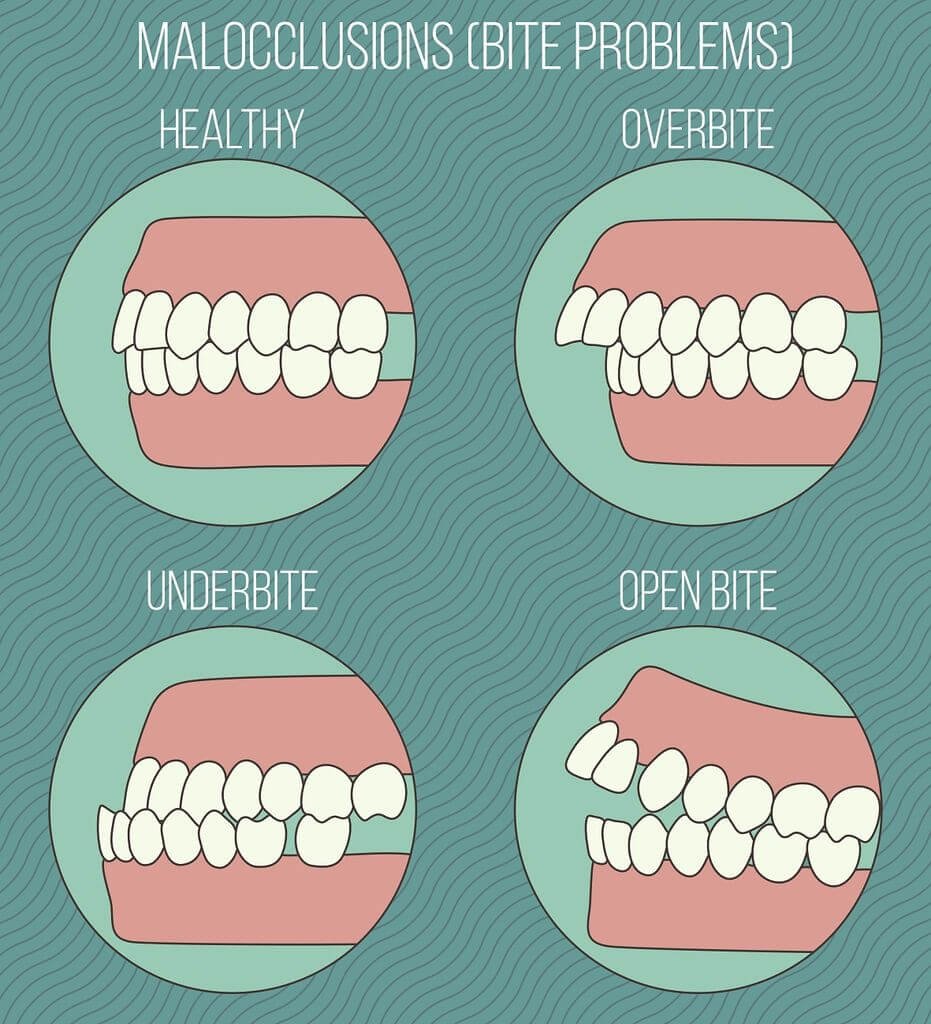What is TMJ?
TMD otherwise known as Temperomandibular Disorder is when the Temperomandibular Joint (TMJ) and its surrounding muscles and ligaments are not functioning as they should be.
The exact cause of TMJ disorders is not known, but issues with the joint can arise from:
injury to jaw, the joint itself or a heavy blow leading to whiplash affecting muscles of head and neck
grinding and clenching teeth - puts a lot of pressure on the TMJ
arthritis in the joint
stress causing you to tighten facial muscle and jaw to clench teeth
orthodontics
TMJ Introduction
Why do I clench my teeth?
Clenching or bruxism can occur for a variety of reasons, some being:
Sleep-disordered breathing - if you have sleep apnea or UARS you tend to not have enough oxygen during sleep, so your body tends to move the mandible (or lower jaw) forward in your sleep to expand airways and increase oxygen intake
Stress - during stressful times, the body tends to exert more force on the teeth and jaw by clenching
Side effect of SSRI medications - anti-depressants and medications like lexapro have a common side effect of increasing the amount of clenching
Stability - clenching the jaw is another way of bringing a sense of ‘stability’ to the body. Postural issues play a role in TMD, so if one shoulder is higher than the other or one hip is higher, the jaw clenches as a way of stabilising itself, which leads to TMJ disorders.
Hypermobility - if you have Ehler-Danlos Syndrome, you may be more hypermobile and have overly relaxed joints. This can cause your temperomandibular joint to dislocate and click/pop
Trauma - whiplash from accidents or injury to head and neck region can cause neck strain which can lead to TMJ dysfunction, TMD.
How do I know if I have TMD/TMJ?
If you have the following symptoms, you may have TMD:
Pain or tenderness in face, neck, shoulder, jaw joint, when you speak or eat
Having problems opening mouth wide
Jaw that gets constantly ‘stuck’ or locked
Clicking and popping sounds when you open mouth
trouble chewing or uncomfortable teeth resting position
vertigo, headaches or migraines
dizziness, earaches, ear ringing
tired jaw
nausea
family history of TMJ
pain in either jaw joint
loss of hearing
pain in, around or behind eyes
blurry vision
hearing grating noises
For reference, this is the correct position for your teeth to be in:
Malocclusions (Bite Problems)
Can you treat TMD/TMJ?
TMJ treatment varies from person to person.
Here at Pain Free Dentist Sydney, Dr Lisa Chong specialises in treating TMJ in a 3-dimensional manner to ensure there is the least possible pain present. While others may focus on reducing the pressure on the teeth from clenching, Dr Lisa aims to guide your jaw back to its correct, original position.
Think you have TMJ or want to consult about it? Call us at 02 9558 8988 or email info@painfreedentistsydney.com.au to book your consultation today.

